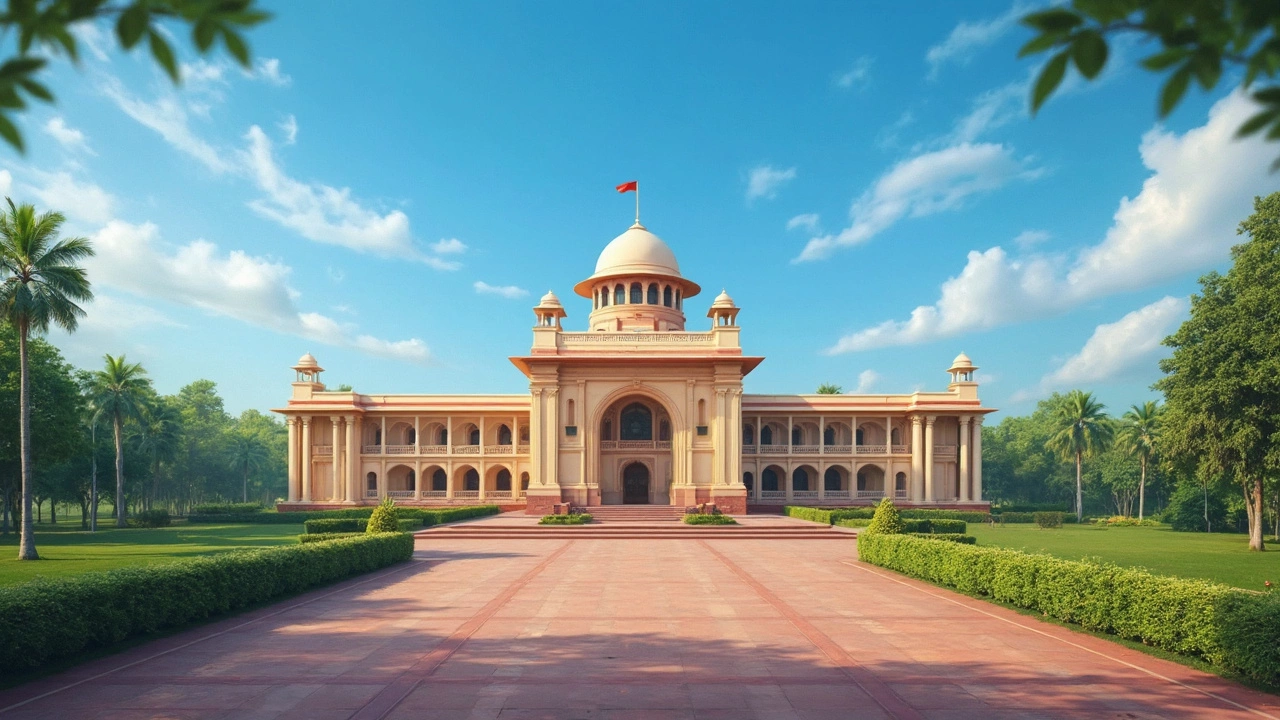Rajasthan High Court Recruitment – What’s New and How to Get In
If you’re scrolling through job portals looking for a stable government job, chances are you’ve landed on a Rajasthan High Court vacancy. These openings are popular because they offer good pay, job security, and a chance to serve the justice system. Below we break down everything you need to know – from the latest notifications to the exact steps for applying.
Latest Notifications and Who Can Apply
Every year the Rajasthan High Court releases a few rounds of recruitment. The most common posts are:
- Clerks (General/Computer) – fresh grads and experienced workers
- Stenographers – diploma holders with typing speed of 40 wpm
- Paper Editors – law graduates with good command over English and Hindi
- Mountaineers (technical staff) – engineers and technicians for court infrastructure
Eligibility usually includes Indian citizenship, minimum age of 21, and a maximum age of 28‑30 (relaxations apply for SC/ST/OBC). Keep an eye on the official website (rhc.gov.in) for the exact dates, because the window can close in a matter of days.
Application Process – Step by Step
Applying online is the norm now. Here’s a quick checklist:
- Visit the Rajasthan High Court’s recruitment portal and download the application form (PDF).
- Fill in all personal details exactly as they appear on your ID proofs.
- Upload scanned copies of your photograph, signature, and required certificates. PDF or JPG under 200KB works best.
- Pay the application fee (usually ₹400 for general candidates, ₹200 for SC/ST). Most portals accept net banking, credit/debit cards, or UPI.
- Submit the form and note down the generated registration number. You’ll need it to download the admit card later.
After submission, you’ll get a confirmation email. If you don’t receive one within 24 hours, log back into the portal and check the status. Mistakes in the form can’t be corrected later, so double‑check everything before hitting submit.
Once the applications close, the court releases a **written exam** timetable. The exam is typically a 2‑hour objective test covering reasoning, English, general knowledge, and Kerala‑specific law basics. For clerical posts, there’s also a computer proficiency section.
Preparation tips:
- Grab the previous year’s question papers from the website – they tell you the exact pattern.
- Focus on speed. Practice timed mock tests to improve accuracy under pressure.
- For English, brush up on grammar basics and simple reading comprehension.
- Reasoning questions often involve puzzles, series, and data interpretation – use online apps for daily drills.
- Stay updated on current affairs, especially legal news in Rajasthan, because the GK section leans heavily on state‑level topics.
After the written exam, qualified candidates appear for a **personal interview** or a **document verification** round, depending on the post. Bring original certificates, a passport‑size photo, and any experience letters. The interview is straightforward – they ask about your motivation, basic court procedures, and sometimes a short scenario to test your judgment.
Finally, successful candidates receive a selection order and are posted to one of the several benches in Jaipur, Jodhpur, or Udaipur. The training period lasts a few weeks, during which you’ll learn court software, filing norms, and basic legal terminology.
That’s the whole cycle in a nutshell. Keep your documents ready, mark the deadline on your calendar, and treat the preparation like any other competitive exam. Good luck, and maybe you’ll see yourself walking the corridors of the Rajasthan High Court soon!
